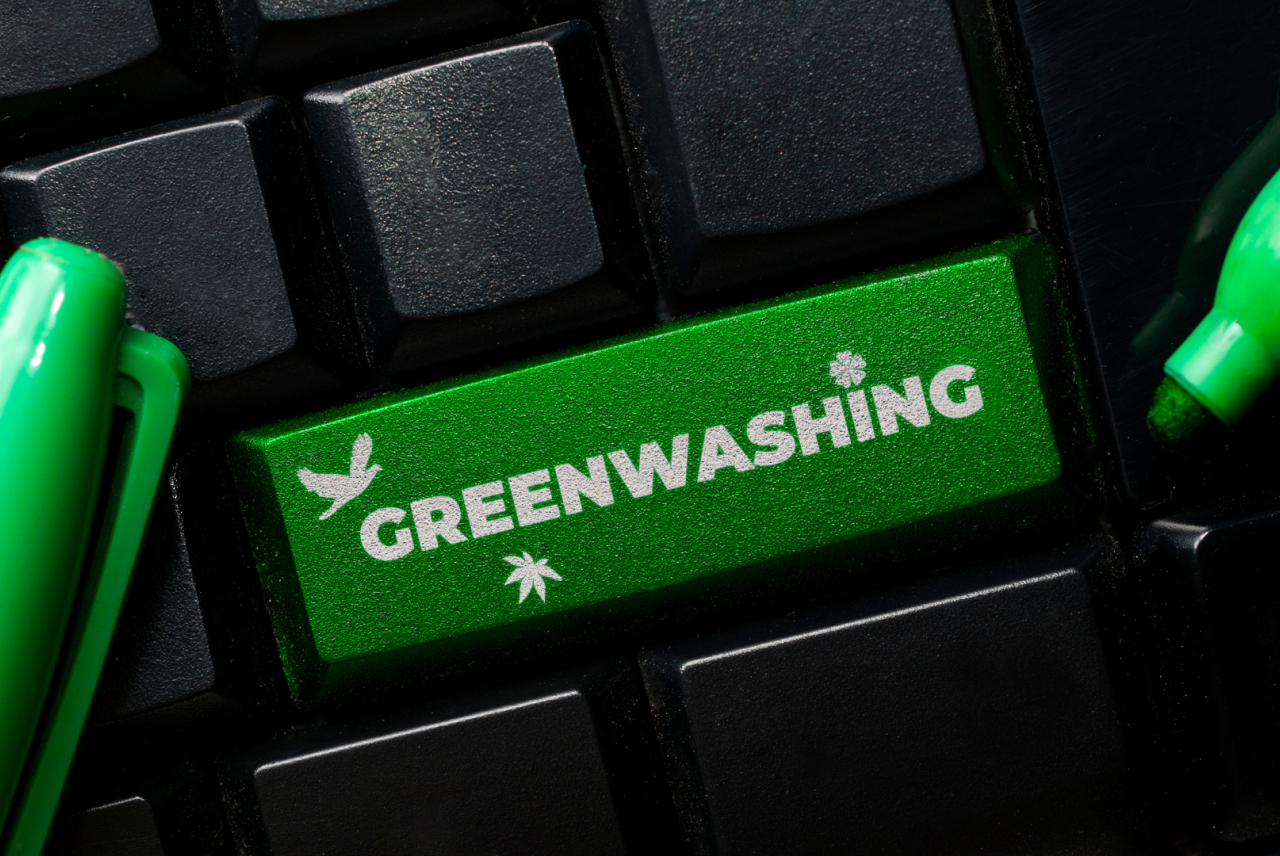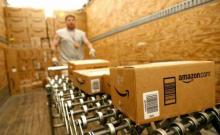1. Amazon “drastically undercounts” its carbon emissions
Even by its own estimate, Amazon is a major greenhouse gas emitter. In 2022, its annual emissions were over 70 million metric tonnes – equivalent to driving around the world more than 7 million times in a standard gas-powered car.
Yet, even this number is likely to be an underestimate: the retail giant has been accused of “creative accounting” to drastically undercount its overall emissions.
Amazon only counts its own-brand products in its emissions calculations. It therefore ignores the vast majority of its retail business: both the products sold by third parties on its site, and the items that Amazon itself sells but which are manufactured and branded by another company.
This means that its reported emissions only cover around 1% of its online sales, according to a 2022 investigation by Reveal.
“This is how Amazon washes its hands of the climate impact of most of the things it sells. It simply decides to play by different rules than its peers,” Reveal said.
Amazon’s spokesperson didn’t address Reveal’s questions about the company’s accounting, but reiterated its commitment to cutting emissions.
And not content with undercounting emissions from much of its business, it has also been accused of burning or dumping unused or returned items.
2. Amazon uses greenwashing eco labels
In recent years, Amazon has launched a number of eco labels on its site, including its ‘Climate Pledge Friendly’ and ‘Amazon Aware’ badges. In 2022, it sold over 800 million products under the Climate Pledge Friendly label.
However, the company appears to have set a very low bar for inclusion – awarding the Climate Pledge Friendly badge to everything from single use batteries to disposable wet wipes.
Amazon gives the badge to products that have been certified, including by great labels like Organic and Fairtrade. But the retailer also allows much weaker certifications, like its own ‘Compact by Design’. Compact by Design only requires products to “have reduced water and/or air in the product or packaging for more efficient transportation.”
‘Amazon Aware’ also marks certified products, including some 100% organic or recycled clothing. However, Ethical Consumer found that some items only appeared to use around 50% certified materials, with the rest made up of uncertified content.
An investigation by The Telegraph in 2022 found that Amazon Aware products had been made over 5,000 miles away and packaged in single-use plastic, leading to accusations that the company was “greenwashing on a grotesque scale”.






